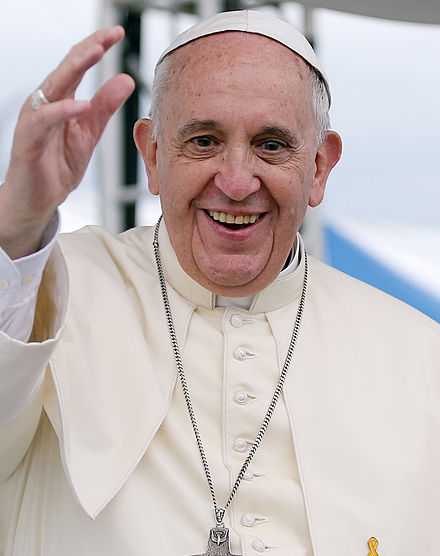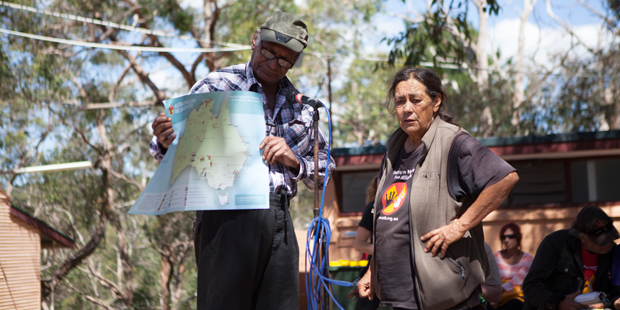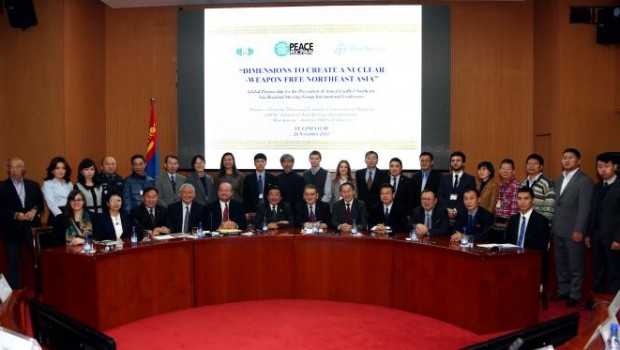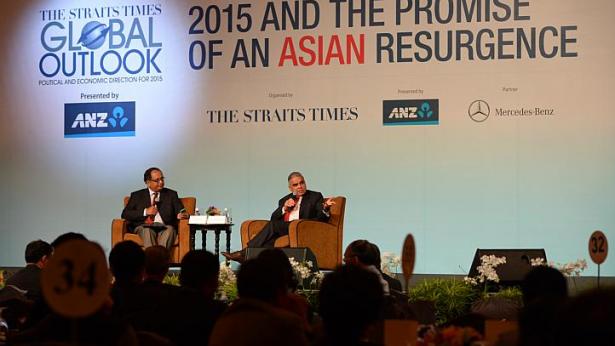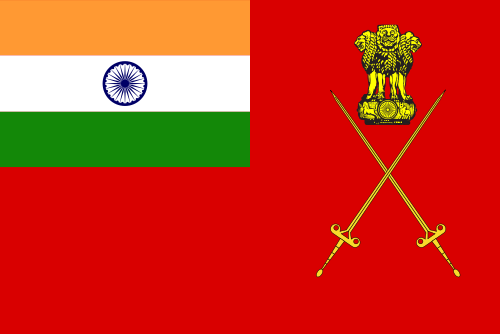By Kalinga Seneviratne* | IDN-InDepth NewsAnalysis
SINGAPORE (IDN) – Pope Francis is due to make a three-day visit to Buddhist-majority Sri Lanka with the highlight of the visit being the canonization of Joseph Vaz, an Indian born 17th century Catholic missionary who spent most of his life in Sri Lanka to help Catholics persecuted by the island’s Dutch rulers at the time.
The canonization and Pope Francis’s second visit to an Asian country has created much controversy, which fortunately for the Vatican, has been drowned out by the intensity of the presidential election campaign in Sri Lanka. The election is scheduled for January 8, just five days before Pope’s scheduled arrival in the island on January 13.
About 70 percent of the Sri Lankan population is Buddhists, while the Catholics account for just 6 percent. But, they are a powerful minority that is well connected to international Catholic networks.
The haste at which The Vatican in close collaboration with the local Catholic Archbishop Cardinal Malcolm Ranjith, has arranged this visit setting aside many protocols and by-laws from Rome has added to Buddhist suspicions that this visit is designed to promote proselyting activities not only in Sri Lanka but also in the South Asian region. The Catholic Church however claims the visit is for promoting reconciliation and religious harmony in Sri Lanka.

